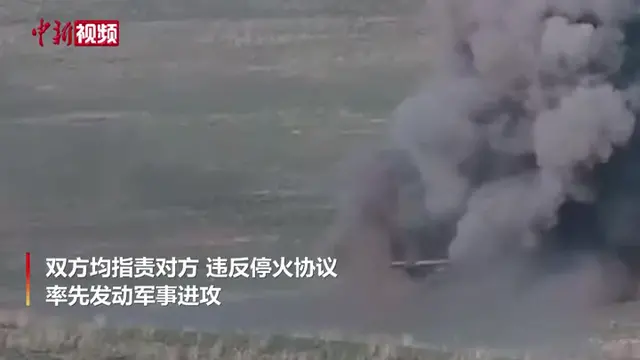In October 1934, an 80,000-strong Red Army force embarked on the Long March, a two-year odyssey that laid an important foundation for the Communist victory in the civil war.
Eighty years on, the touching stories that happened during the 12,500 km-long journey are still vivid in the memories of the people living in the areas along the march.
Chairman Mao and a bowl of noodles
Zhang Ruisheng is well-known in Zhangwanzi Village of Wuqi County in Shaanxi Province, because late Chinese leader Mao Zedong once visited his home during the Long March and ate a bowl of noodles cooked by his parents.
It was in October 1935 when a troop led by Mao arrived at the village, with the revolutionary leader spending the night in Zhang's cave-house.
"I was not born then," said the 68 year old. "But I heard about the occurrence from my parents so many times."
"Chairman Mao and his fellow soldiers were exhausted when arriving at the village, and my parents made a bowl of buckwheat noodles for Chairman Mao. They were so poor at that time and the noodles were the best food they could offer," he said.
Zhang said his parents and the villagers were not aware that Chairman Mao was there with them, and later on, one of the soldiers visited the village again and told them the truth.
"The next morning when the roosters started to crow, Chairman Mao and the soldiers set off in the direction of the county. Around nine a'clock in the morning, the Kuomintang officer Ma Hongkui's troop chasing after them passed by our village, but they were later defeated by the Red Army," he said.
Zhang's four sons are working in cities, but Zhang and his wife refuse to move to live with their sons, for they have to watch over the caves where Mao and the Red Army soldiers lived.
The tables, heating kettle and wash basin used by Mao are still carefully kept by the old couple.
"These are our family heirlooms which will be passed down from generation to generation," Zhang said.
Spiritual legacy by red army
Huining County in Gansu Province is a revolutionary base where three fronts of the Red Army joined forces after the Long March. The courage and tenacity once demonstrated by the soldiers has been encouraging to the local people until today.
In October 1936, a regiment of the Red Army fought the Kuomintang soldiers in a mountainous area near the county, in order to ensure the successful reunion of the three fronts.
Vice commander Luo Nanhui, though seriously injured, stuck to directing the battle while lying on a stretcher. The 28 year old was finally killed by a stray bullet. The battle cost the lives of more than 800 soldiers.
Zhang Ding, a high school student in Huining, said he grew up with stories about the battle. "I heard that the soldiers were all in ragged clothes, and many of them were suffering from injury and starvation. Though having little food to eat, they did not rob any grains. They taught the villagers the importance of fighting the Kuomintang army and the fact that the Red Army belongs to the workers and farmers," he said.
Zhang Bin, deputy head of a high school in Huining, said, "Every year, the first lesson for newly enrolled students has been held at the historical site where the Red Army joined forces."
"Hopefully our children will borrow strength from the soldiers and study hard to change their fate, and more importantly, they should develop a sense of responsibility for the nation and society under the influence of the soldiers," he said.
Helping soldiers cross river
According to Yang Shengguo, an official of Zunyi County in Guizhou Province, during the Long March, the Red Army soldiers overcame poor conditions and successfully crossed the Wujiang River under the help of the local villagers in January 1935.
When the soldiers arrived at a ferry of Shangji Township, there were not enough boats to carry the soldiers to the other side of the river, so the local boatmen made a bamboo bridge across the river using the villagers' door sheets and bamboo from the nearby forest. They also salvaged the ferryboats sunk by the Kuomintang army to send the Red Army soldiers across, Yang said.
"My father was only 16 at that time. Three Red Army investigators came to him for help. He agreed to help them after getting to know who they were," Huang Wuhua, the 62-year-old son of one of the boatmen. said.
"My father and several other boatmen salvaged five or six ferryboats which were wrecked by the Kuomintang's bombs, and they spent three days and three nights to send all the soldiers to other side of the river."
Huang opened a hostel last year in the town and named it "Old boatman village".
"Whenever the guests asked me why I chose such a name, I would proudly tell them this story. I hope that the stories and spirit of the Red Army during the Long March will be spread and inherited," he said.
 简体中文
简体中文

